Bloomberg: The Apple/FBI showdown had been brewing for years before the San Bernardino shootings

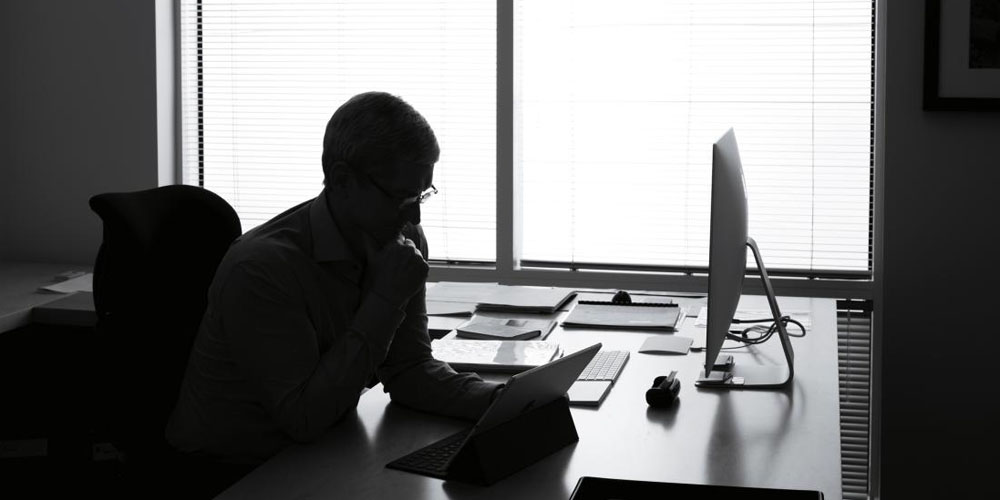
A detailed behind-the-scenes look by Bloomberg at the showdown between Apple and the FBI details how it had been on the cards for years before the San Bernardino shootings. Among the details revealed are that Apple provided the FBI with early access to iOS 8 so that the agency could understand the impacts ahead of its introduction.
The government’s concern about Apple’s increasing use of strong encryption dates back to 2010, said one source.
Long before iOS 8 was launched, U.S. law enforcement and intelligence agencies had fretted about Apple’s encryption, according to a person familiar with the matter. In 2010, the company introduced the video-calling app FaceTime. It encrypted conversations between users. The following year, the iMessage texting application arrived; it, too, featured encryption. While neither of these developments caused a public stir, the U.S. government was now aware how much of a premium Apple put on privacy.
It was around this time, says the piece, that the FBI started pushing the White House to introduce new legislation which would guarantee law enforcement access to data on smartphones and other devices. These attempts were reportedly abandoned when the Snowden revelations changed the public mood …
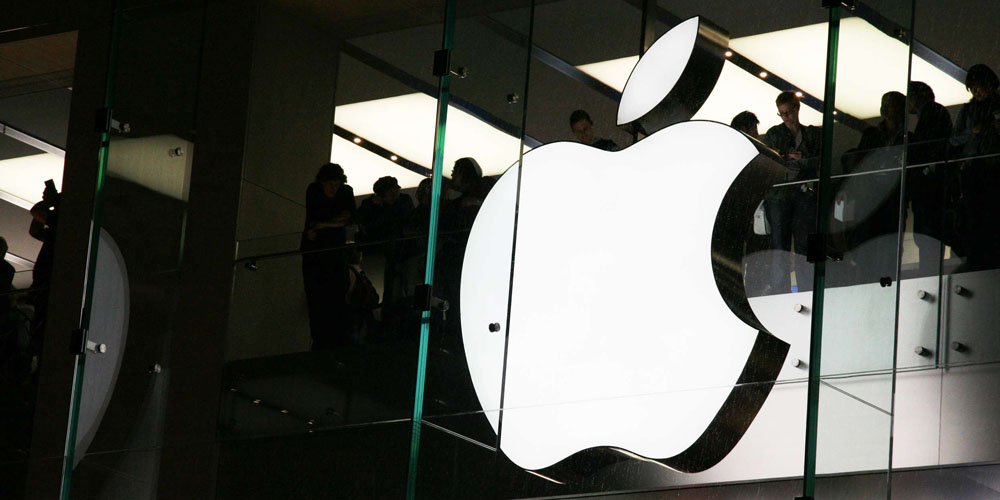
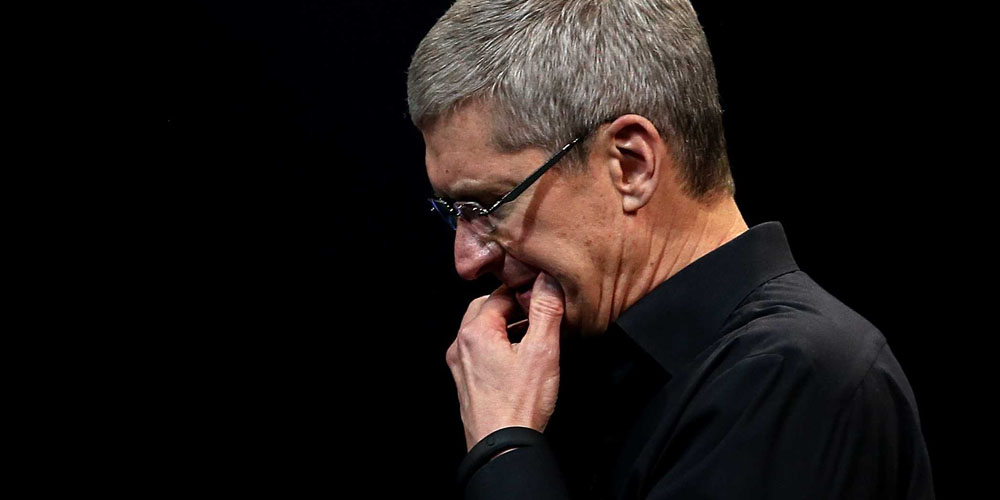
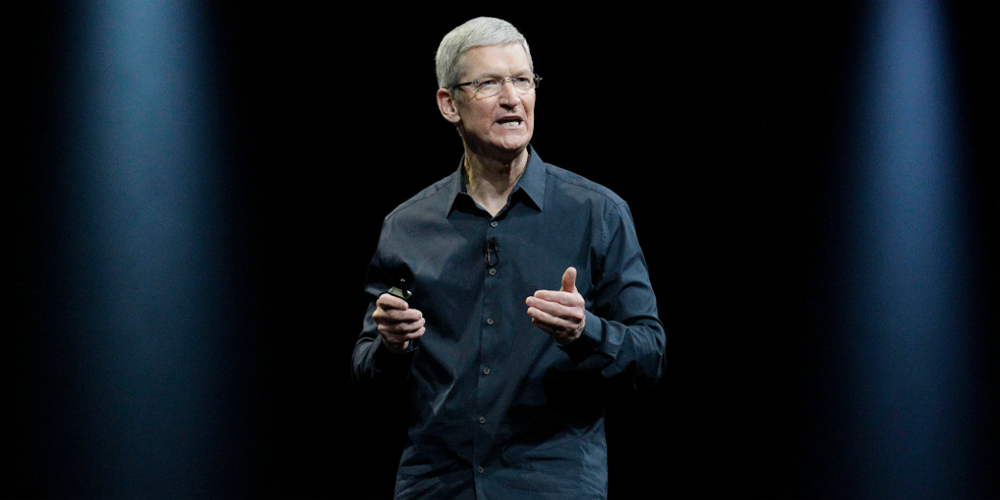


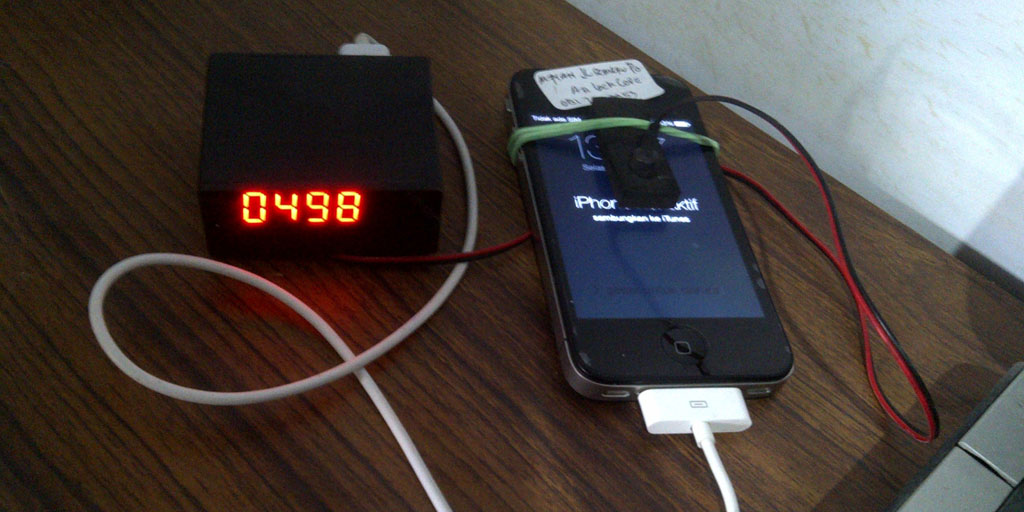

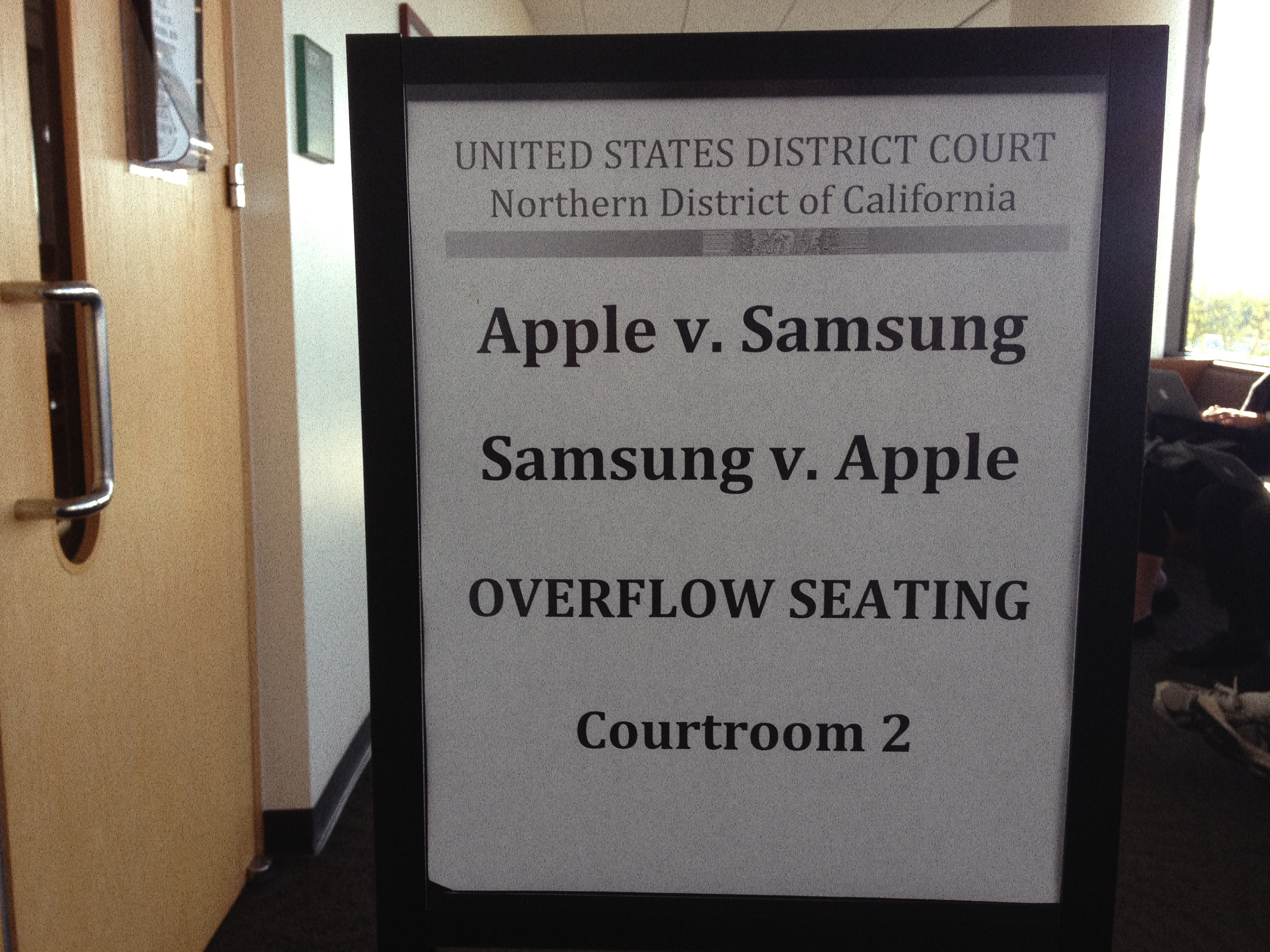 Today, we have updates on Apple and Samsung’s ongoing court woes. A
Today, we have updates on Apple and Samsung’s ongoing court woes. A 